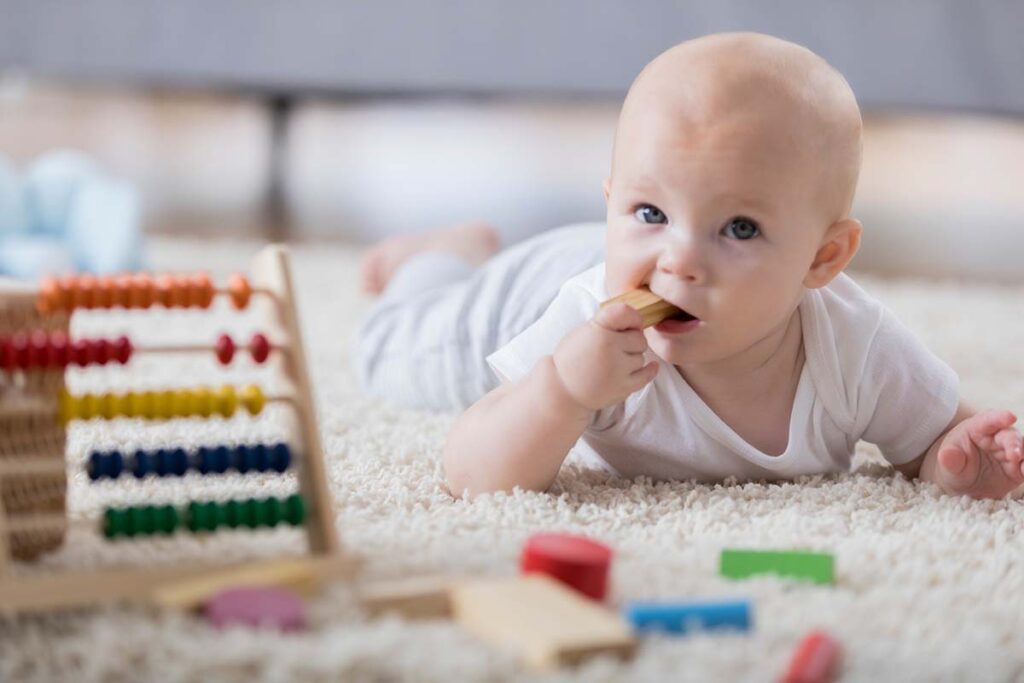24/07/2024
24/07/2024

NEW YORK, July 24: Despite significant reductions in lead poisoning due to bans on lead in paint, gasoline, and pipes, a new threat looms as more children exhibit elevated lead levels from ingesting food and household items, according to recent research.
The study identified baby food and earthenware cooking items as significant sources of lead exposure. Melanie Napier, a public health epidemiologist with the North Carolina Department of Health and Human Services, highlighted a case where toddlers ingested cinnamon applesauce tainted with lead, prompting state and federal investigations that uncovered hundreds of cases across the US.
Napier emphasized the importance of regular testing, stating, “It’s still important to get your kids tested even if you don’t think your child has had lead exposure.” Children under six are particularly vulnerable to lead poisoning due to their tendency to put objects in their mouths and their bodies' higher absorption rates of lead, especially in those with iron deficiencies.
Lead exposure, even in small amounts, can cause severe health issues, including behavioral problems, loss of IQ, and developmental delays. Regulatory restrictions have significantly reduced the percentage of children with elevated lead levels, but approximately half a million children still have levels above the federal threshold.
Certain communities, including children of color, low-income families, immigrants, and refugees, are at greater risk of lead exposure. Hannah Hays, chief of toxicology at Nationwide Children’s Hospital, pointed out that current regulations might miss children exposed through food sources, as evidenced by the WanaBana cinnamon applesauce case. The FDA has since increased inspections and testing of imported products to prevent such incidents.
Globally, around 800 million children have blood lead levels requiring intervention, highlighting the widespread nature of this issue. A recent study in urban American areas found everyday consumer products, such as cookware and spices, accounted for up to 38% of lead poisonings, particularly in immigrant or refugee communities.
Parents are advised to talk with their child’s doctor about lead screening and stay informed about common sources of lead exposure. It is also crucial for parents to avoid unregulated food products and get their homes and water checked for lead by licensed inspectors to ensure their children's safety.


